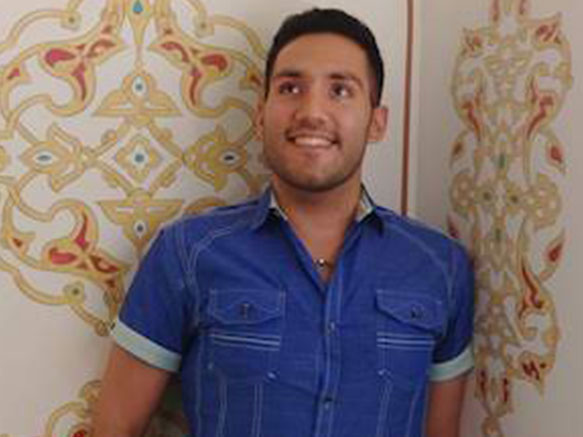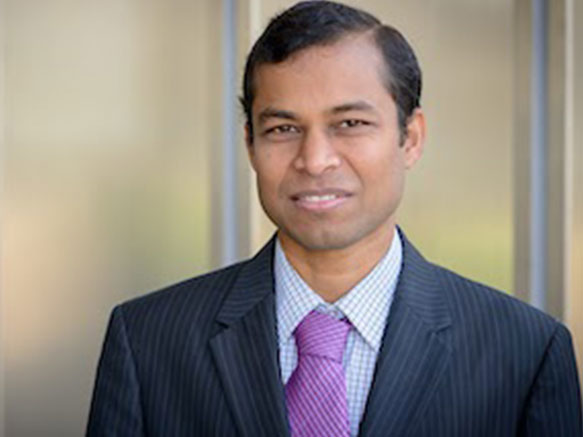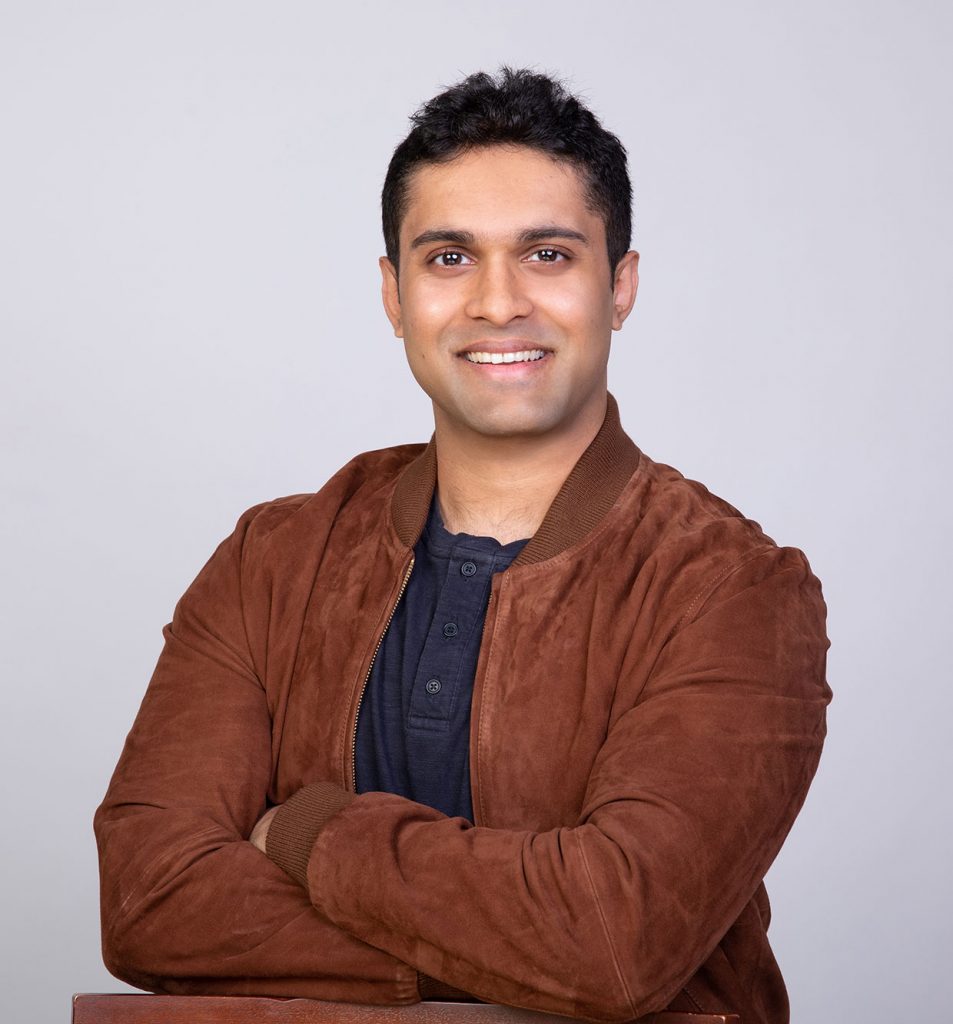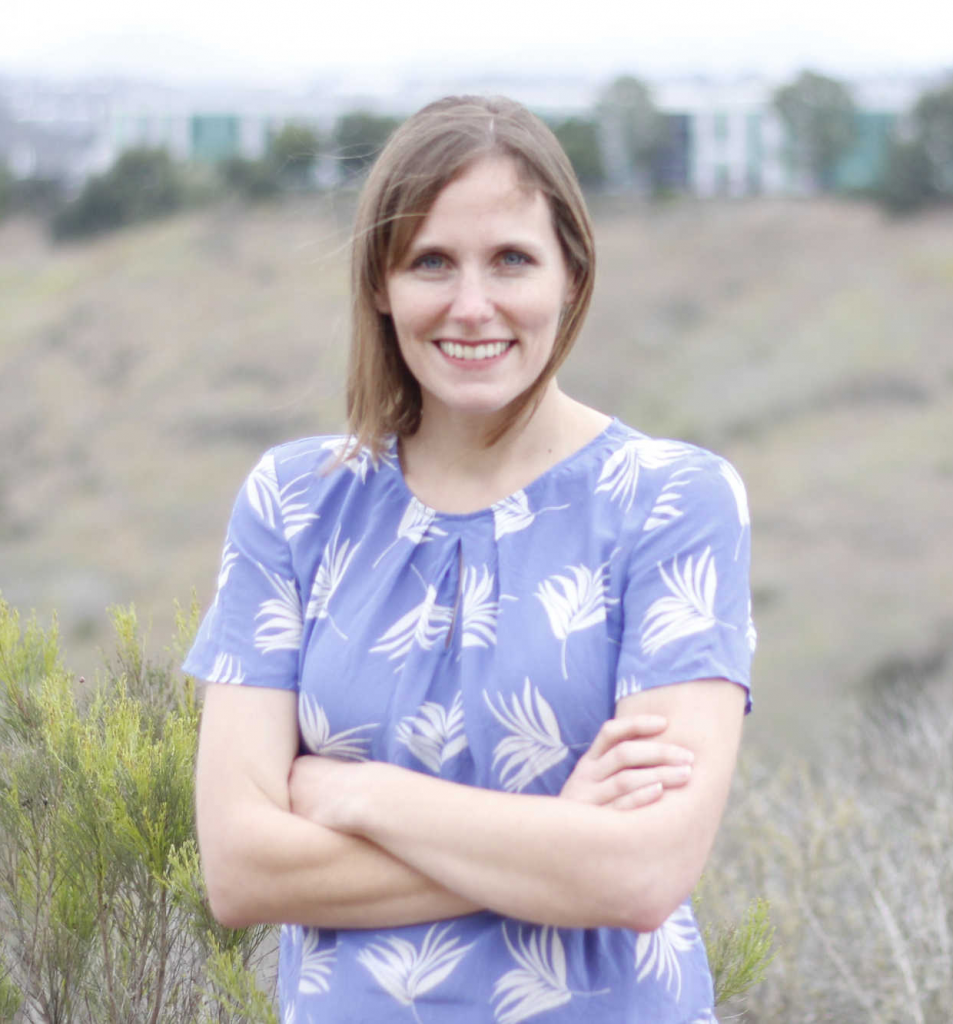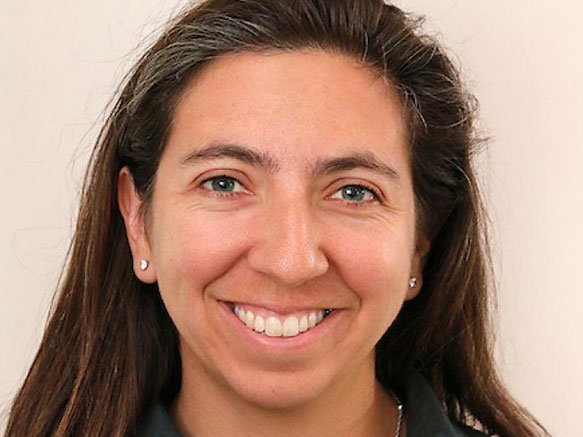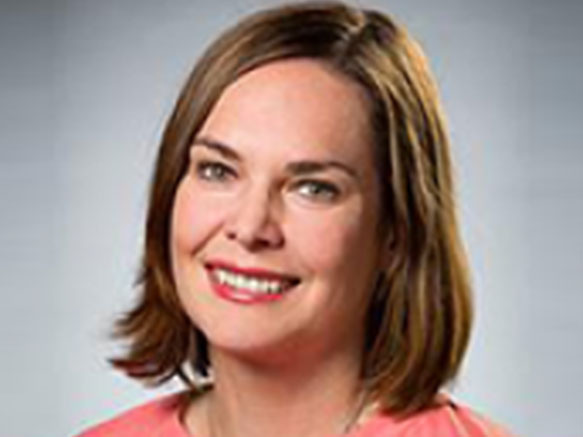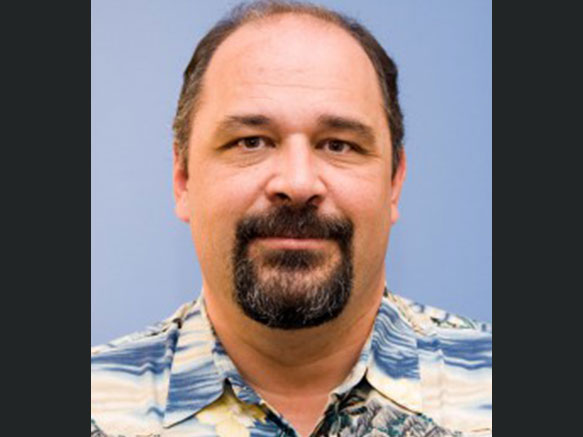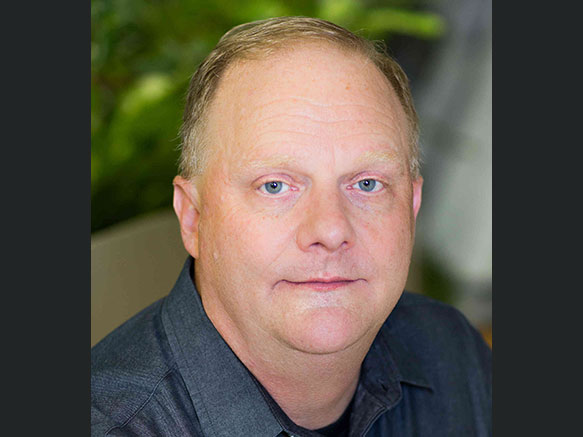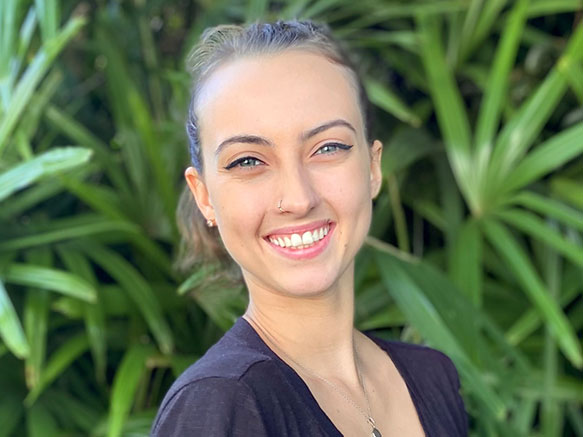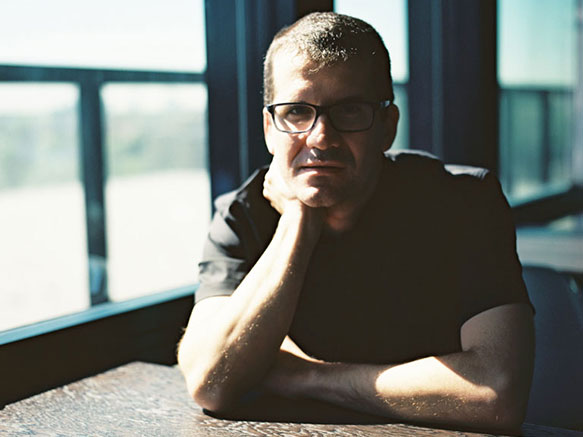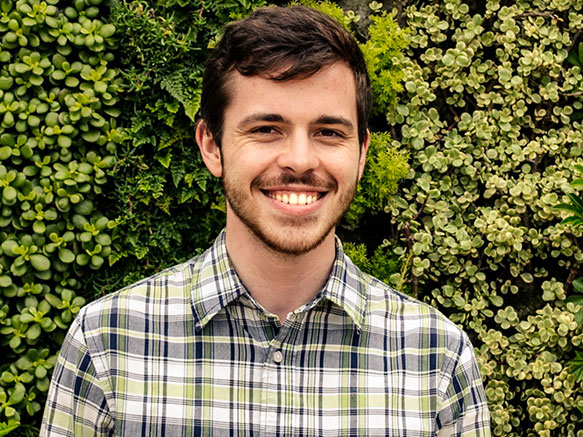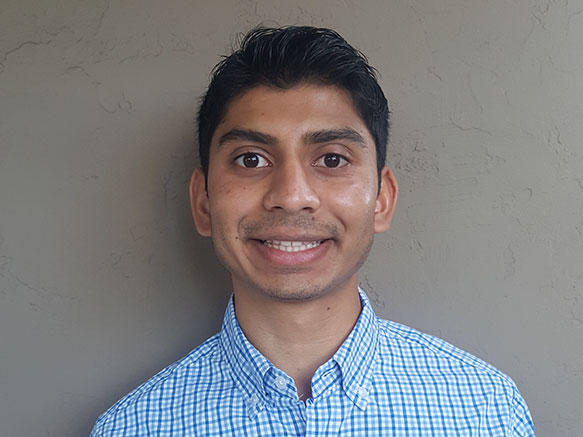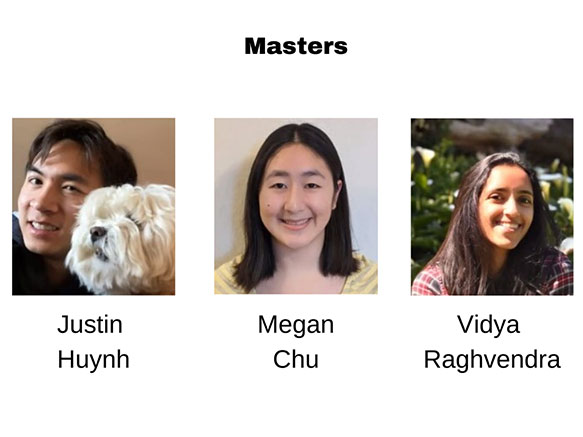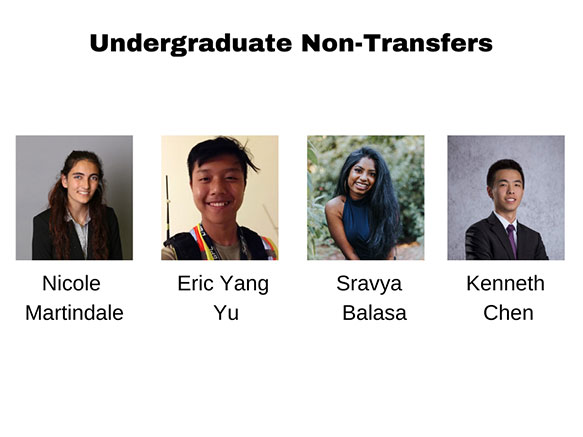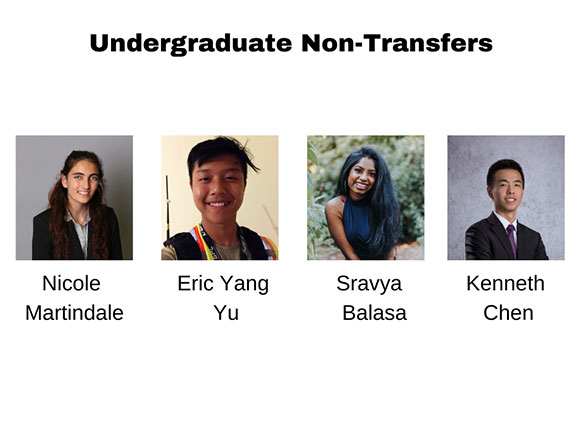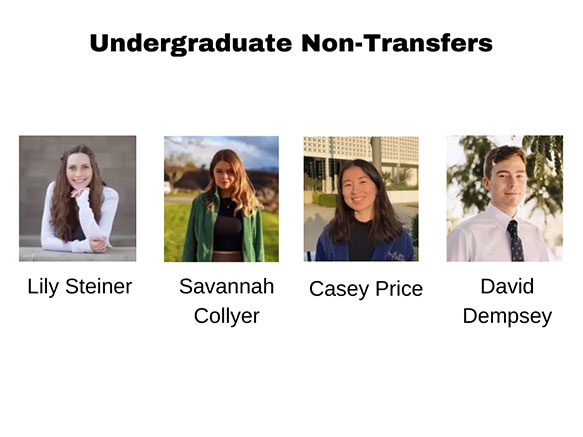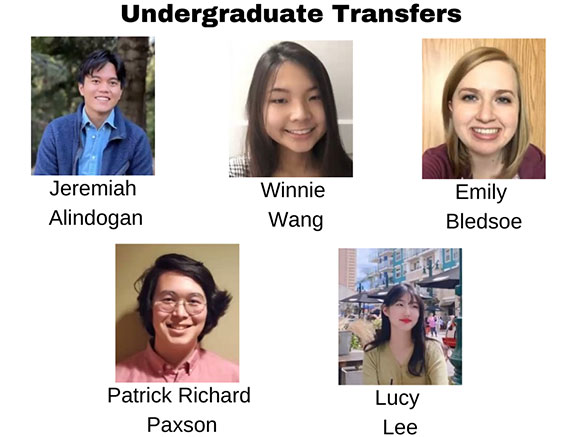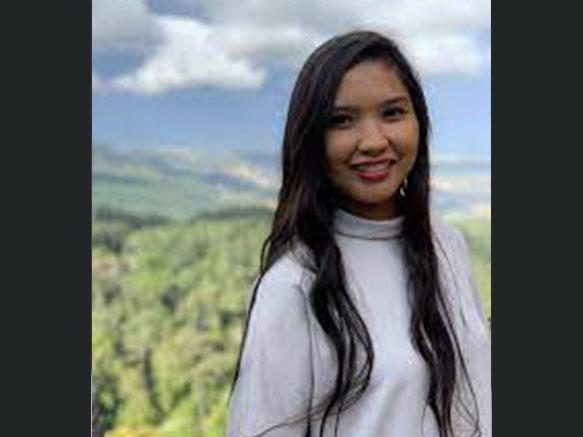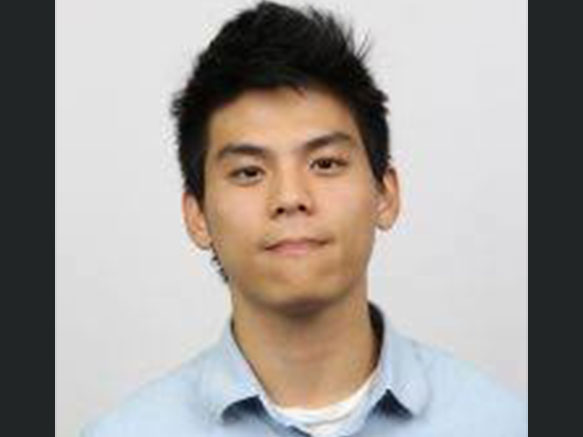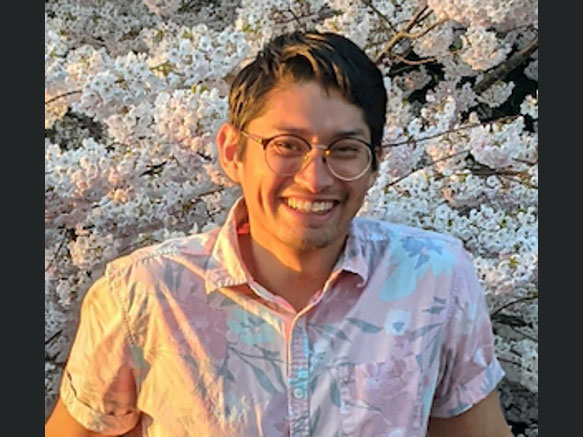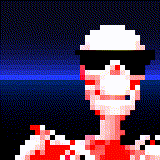Persevering and Pioneering in a Pandemic
By Kimberley Clementi
Shelby Thomas (Ph.D. ’20) is not averse to risk. This is apparent in his chosen sport – toes to the nose surfing. It factored into the decision to take a leave of absence from his UC San Diego Computer Science and Engineering Ph.D. program only a few months shy of completing his dissertation. It also prompted his next move — co-founding a FinTech Blockchain startup, an industry so cutting-edge it lacks adequate language to define it.
Still, timing is everything. Thomas timed his make-it or break-it move for the winter quarter of 2020, just one month ahead of an unforeseen global pandemic.
Calculating Risk before COVID-19
Thomas’ gambit was a carefully considered one. After all, the stakes were high. Beginning a startup not only placed his Ph.D. at risk but also the engineering career of his wife, Reetika Agarwal (M.S. ’16). So in the fall of 2019, Thomas turned to his CSE advisors, Associate Professor George Porter and Professor Geoffrey Voelker, for advice.
“George and Geoff understood the position I was in and grounded me with the reality of the situation. They would support me in doing both the Ph.D. and startup at the same time but warned me that the statistics were not in my favor,” says Thomas. They were willing to take those odds on me.”
Confident they had support from their CSE community, Thomas and his wife packed their bags, broke their San Diego lease and moved to the San Francisco Bay Area. Together, with a combined income of $0, they began searching for an apartment. That was early March.
Then, two weeks later, the first cases of COVID-19 were reported in the United States. Markets instantly dipped. The World Health Organization declared a pandemic. Life and work began to shut down. By the second week of March, massive selloffs in the stock market resulted in plunging Dow Jones Industry averages.
For Thomas’ fledgling startup, the global crisis could not have come at a worse moment. Thomas and his long-term friend and business co-founder, and CEO Thomas Scaria, had just begun to raise funding for their company, Prysm.
Surviving a Crisis within a Crisis
At the inception of a startup company, the early months are critical. When COVID-19 hit, venture capitalists quickly focused on helping existing companies which dramatically hurt the funding market for new companies. Thomas leaned on his wife and CSE community for their unwavering support.
“A key source of motivation that helped me keep my head up was my advisors. They remained optimistic and encouraged me to continue to press forward,” says Thomas. “The structure they gave helped to keep my work scheduled and consistent.”
Thomas explains that professors Porter and Voelker set weekly meetings to help him complete his dissertation as well as two additional research papers. With their continuous encouragement and motivation, Thomas was able to defend his Ph.D. and meet every standard for graduation before the close of 2020.
Thomas’ advisors, while pivotal to his success, were not his only pillar of support from within the CSE community. In the early days of the pandemic, when concerns for safety and resource scarcity were at their peak, Thomas relied on his CSE friends and classmates for access to essential supplies.
“My labmates were an incredible support during this period,” says Thomas. “If one person got masks or PPE they would ask in the group if anyone needed it, even though they knew it would put their own supply in peril. There was strength in numbers.”
Playing the Numbers
Today, from the vantage of summer 2021 and the 17th floor window of their downtown San Francisco office, Thomas acknowledges that Prysm survived the pandemic “by the skin of our teeth.” The company was able to secure early investments through relentless shipping. They were smart with their money. Now, Thomas says, investors are clearly seeing the potential that inspired him to take risk in the first place – an opportunity to revolutionize the financial services industry.
Long before COVID-19 brought information and resource inequities into sharp focus, Thomas and his co-founder Scaria were examining disparity within the finance industry. Thomas cites the number 0.1%. He explains that traditional finance systems such as brokerages, exchanges and banks limit wealth acquisition to the top 0.1% by acting as gatekeepers to sophisticated financial tools.
Thomas and Scaria are breaking ground – and the prevailing Wall Street model – working in an area called Decentralized Finance, or DeFi. Their company, Prysm, offers a platform based on blockchain technology which eliminates third-party middlemen previously indispensable to financial transactions. Users can discover credible investors, create a community, and invest together. Put simply, the third-party is replaced by code. The code authenticates the transactions.
“We can have zero-trust applications,” says Thomas, citing some of the lingo that is burgeoning within this financial frontier. “Two parties don’t have to trust each other. But they can trust that the code is working correctly. And that allows us to facilitate the transaction.”
Thomas contends that computer coding can bring financial equity by enabling users around the world to invest with little effort and little capital. Rather than a one-size-fits-all approach to finance, code provides access to financial tools while making no assumptions about the individual using them.
“The beauty of DeFi is that financial tools can be recreated in code and made specific for every individual and group regardless of background, goals and ideology,” says Thomas.
Thomas is confident DeFi will also transform ordinary, day-to-day transactions, like shopping online, paying for food deliveries and completing real estate deals. He foresees applications that will benefit everyone, everywhere. Once again, Thomas credits CSE for expanding his altruistic outlook.
“CSE shaped me by helping me obtain a nuanced understanding of several issues facing the world today – from economic and public policy to energy and social justice,” says Thomas. “Contrary to popular belief, a nuanced understanding of these issues makes me believe that change is possible rather than succumbing to cynicism.”
“Change is possible.” Thomas firmly holds onto this conviction a year into the pandemic. He pairs this message with one on perseverance, written on his office whiteboard: “Be patient and tough; someday this pain will be useful to you.”
He also keeps an eye on the surf report in Santa Cruz. Thirty minutes to the next swell.








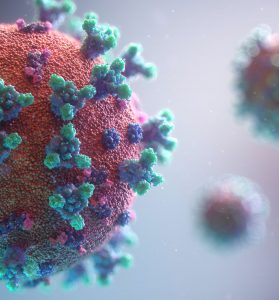 By Josh Baxt
By Josh Baxt 
